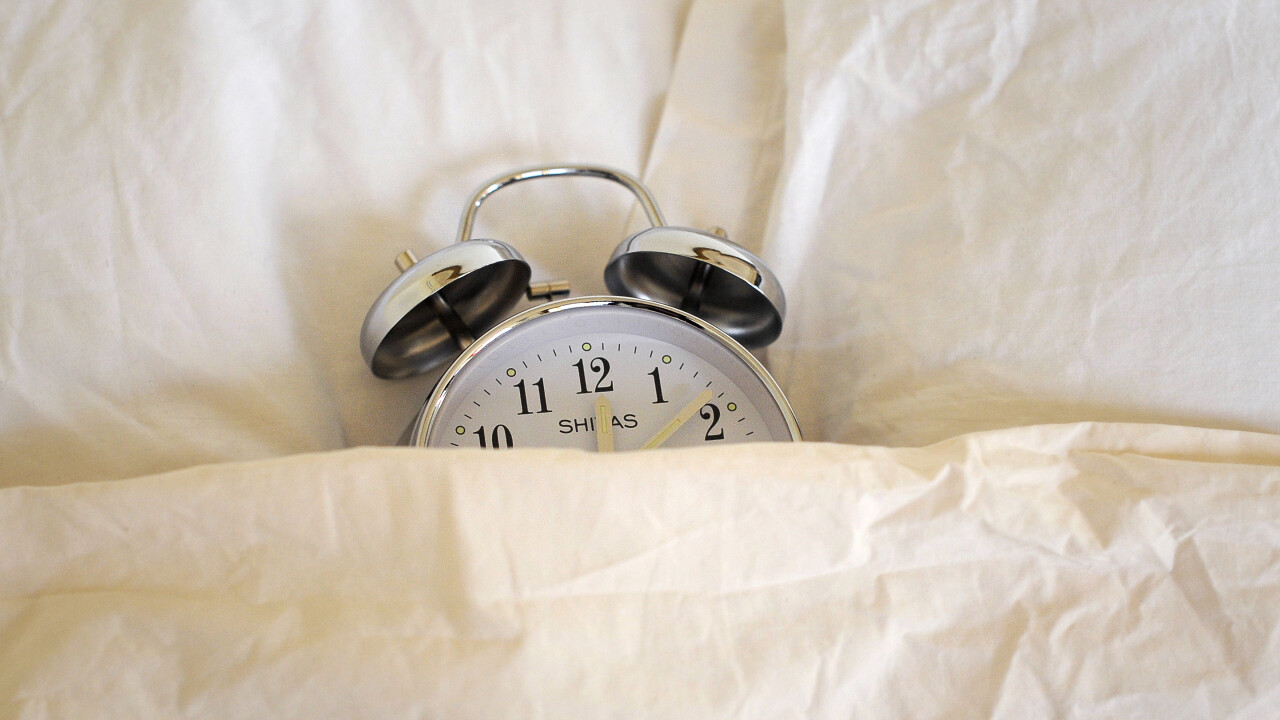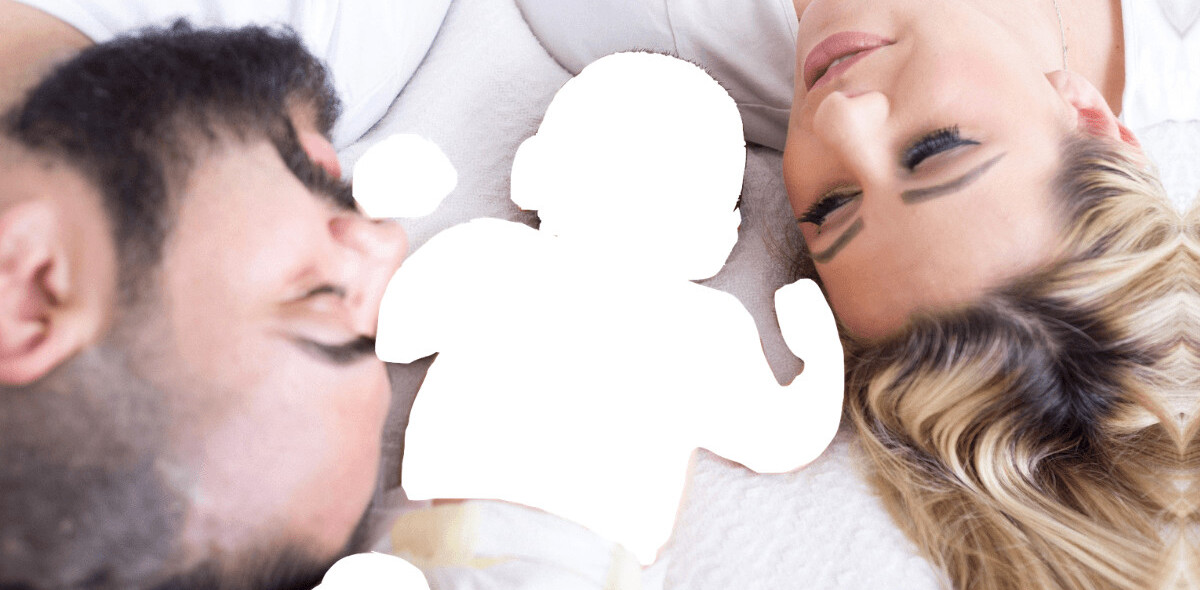
According to the numerous books, blogs, and webinars on personal productivity, work/life balance is the magical Zen that is the key to a satisfying life. Countless productivity experts pound their fists while preaching the virtues of their favorite rules for achieving this bliss: Don’t ever work weekends! Don’t work past 5PM! Always wake up at 6AM!
Yet for all their noise and chatter, they are missing the real point. Work/life balance should be about optimal productivity: How can you work in a way that doesn’t stress you out, leads you to success, and keeps your personal life in check? It’s not happiness vs. productivity; it’s what level of productivity optimizes your happiness. A concept I call work life calibration.
For me it’s working six days per week. Not five, not seven. Six.
Typically I’ll wake up Monday-Friday at 7:30AM, work till 6:30PM, exercise, have dinner with friends and family, and then continue working from 9PM-1AM. Saturdays, I catch-up on sleep and relax. Sunday might as well be a Wednesday, except I typically find a cozier place to work.
Some would say I’m crazy, that I’m asking to get burnt out. Other would question why I even take Saturday off. But I’ve been able to keep this routine for years and feel the best I’ve ever felt.
Why? It’s simple. It’s a routine I can maintain.
Burning out is, at its core, the process of falling out of routine. The real trauma of a burn-out is not the crash, it’s the effort it takes to get back from zero productivity to normal productivity.
Work life calibration
To understand your work life calibration, think about what routines make you tired. Is it working on the weekend? Is it working late at night? Does reengaging with a project after a pause tire you out?
Next, think about what makes you happy. For many people, working on interesting problems and projects is key. For others, spending time with a significant other is the sole source of happiness. For most, it’s a mix of many things. Try figuring out your marginal happiness from each hour spent working, sleeping, reading, hanging out with friends, exercising, etc. Often happiness is only realized over a period of time. That’s fine. But by looking to maximize your happiness over a longer time horizon, you will quickly find your work life calibration.
This could be misconstrued as merely defining a set of “priorities.” If your calibration is to work a significant amount, does that mean you don’t love your family enough? No. Rather for you, you need to feel productive in your work or you won’t feel happy. Conversely, if family is an overwhelming source of your happiness and you can’t make time for them, you will be unhappy and will find it impossible to maintain a routine.
Framing your life around work life calibration
Work life calibration means that everyone has a sustainable amount of working hours to calibrate their life around. For example, if you are an entrepreneur with a lower tolerance for work you need to build your company in a way that supports and reinforces your calibration. You’ll need to delegate and be more productive during the hours you do work. If you have a higher tolerance you need to make sure that you build a culture that is supportive of long hours and makes that a comfortable and positive experience.
Your work life calibration has a significant impact on your life. If you ignore it, you end up doing things that make you unhappy and stressed. In a normative sense, there is nothing wrong with someone who has a 40 hours per week calibration point, nor is there anything wrong with someone who has a 90 hours per week calibration point. The only thing wrong is not understanding your work life calibration and failing to optimize your life to accommodate it.
The message of work life calibration is that there is no single answer to work/life balance. Rather, you have to be self-aware and identify your ideal productivity level. Once you understand this, it is then your responsibility to shape your life around this number. That could mean finding a new job that fits you better, or finding new friends who have similar time needs as you. Once you understand its ramifications, work life calibration is a tool to maximize your happiness — even if it means working 90 hours per week.
Image Credit: Jeff Pachoud/Getty Images
Get the TNW newsletter
Get the most important tech news in your inbox each week.





